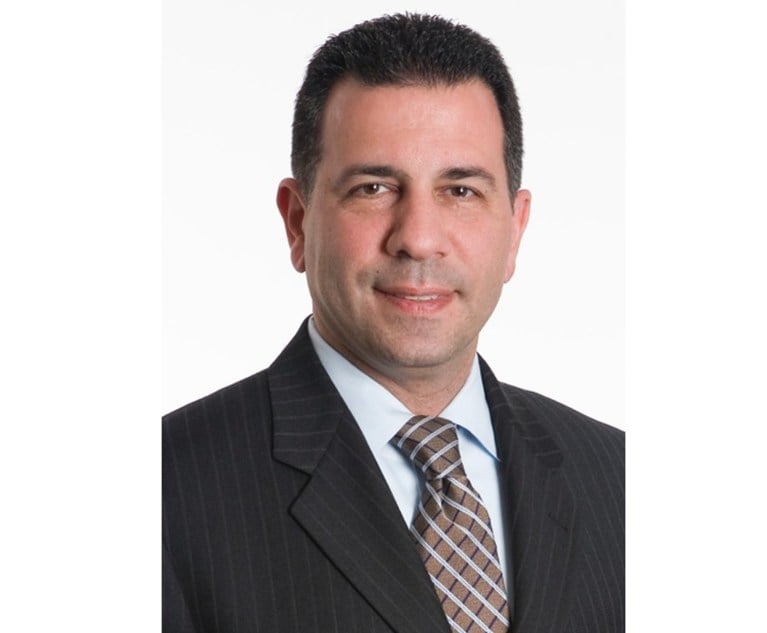Oral modifications, or other informal changes to contracts, are disfavored. If nothing else, oral modifications are rarely enforced because to do so negates the concept in contract law that a writing should encompass the entirety of the parties’ agreement. The “entire agreement” concept is designed to, among other things, streamline post-contractual developments by largely precluding repeated and inefficient disputes (even if minor) over informal interactions between the parties that may implicate the written terms of the agreement.
In a recent decision in Louisiana, one party learned that reliance on oral modifications to a written agreement can successfully be opposed by an adversary citing to the plain, unambiguous terms of a contract. In Medtron Software Intelligence Corp. v. Metairie Gastroenterology APMC, —So.—, NO. 2018 CA 1427, 2019 WL 2317627 (La. Ct. App. May 31, 2019), a Louisiana appellate court upheld a bench trial’s ruling that a licensee could not pre-emptively cancel a software license based on the licensor’s failure to recognize the contents of an oral modification to the agreement, even if the licensor had honored such terms in practice in prior years. The court reached this conclusion because the plain terms of the agreement stated that, even if the licensor had waived certain rights in the past, it did not forfeit the prospective right to invoke this right.


 Richard Raysman and Peter Brown
Richard Raysman and Peter Brown




